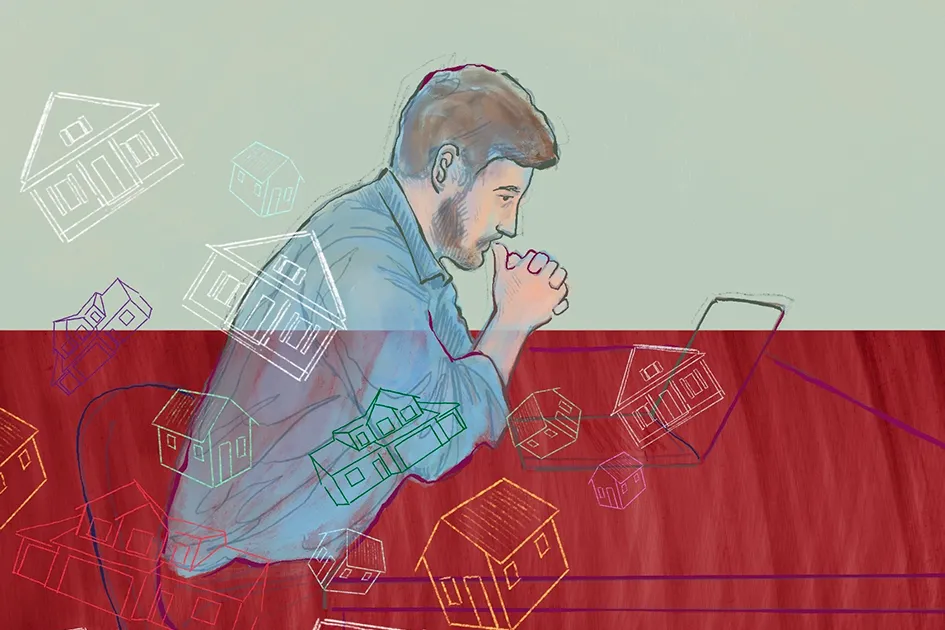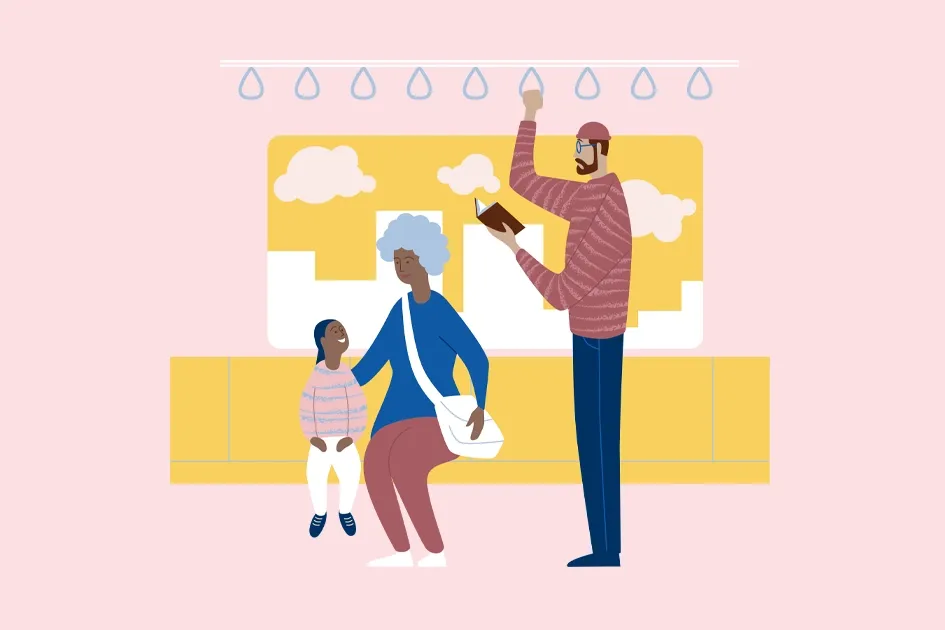One Sunday morning a month, our family volunteers with an inner city ministry where we serve food, hand out clothes, and minister to people in need. Because we serve most of the day Sunday, we usually take advantage of our church’s Saturday night worship service, though occasionally we have to miss church altogether. One of our teenage sons, not opposed to missing a worship service now and then, has taken to saying, “I mean, it’s better to help the poor than go to church, isn’t it?” I usually just laugh nervously because I sometimes have the same question.

Once when he gave this reasoning, I responded with Jesus' words, "You always have the poor with you, but you do not always have Me” (John 12:8), reminding our son that worship is also important. Later, when I took the time to look up the passage where Jesus said that, I realized He actually was rebuking Judas’ stinginess more than making a statement about priorities. Judas didn’t care about the poor any more than he thought Mary pouring perfume on Jesus’ feet was a worthwhile sacrifice. He just wanted to keep the money for himself. But Jesus wasn’t going to allow Judas to hide his sin behind generic labels and false compassion. So He called him on it, as if He was saying, “Don’t worry, unlike this woman, you’ll always have ‘the poor,’ or some other equally lame excuse to avoid giving.”
Don’t we sometimes do that, too? We hide behind labels. We lump others together based on their needs, calling them “the poor” or “the homeless” or “the needy,” without realizing that, in the process, we’ve turned compassion into a commodity. Every act of service becomes a transaction of giving and receiving. With our limited resources, we decide what to give to the impersonal compassion machine—and what to keep for ourselves.

But when “the poor” and “the needy” are people with names and faces and stories, we no longer have labels to hide behind. When it’s Tina who’s going hungry, when it’s Andi who needs a place to stay or Jerry who can’t pay his electric bill, we’re no longer giving just money or resources. We’re also giving of ourselves. That’s what it means to show compassion to people, not just labels or causes: We find ourselves in relationships rather than transactions. It’s how Mary showed compassion to Jesus in that scene from John 12.
In Matthew 9, when the Pharisees learn that Jesus is having dinner at Matthew’s house, they ask the disciples, “Why is your Teacher eating with the tax collectors and sinners?” (Matt. 9:11). The contrast is stark. While the Pharisees stand off to the side, labeling people according to their deepest needs, Jesus is actually “reclining at the table” and getting to know them. This is what God means when He desires “compassion, and not sacrifice” (Matt. 9:13). Later, as Jesus travels, preaching and healing disease and sickness, Matthew says that Jesus sees the people and is overwhelmed with compassion. As simple as it seems, this is how we best serve others, how we love as Jesus loved. We resist lumping people together or treating them as causes. And instead, we take the time to see them individually.

That’s what our family loves about this ministry we’re involved with. They take whatever they are given—food, clothing, books, bicycles, housewares—and then try to match it with the real needs of individuals. They welcome people with whatever burdens they carry—addiction, unemployment, sickness, grief, a criminal record—then match them up with resources already available in the community. They don’t serve with a one-size-fits-all mentality. But in order to truly meet the needs of those who come, we have to talk, engage, and listen to know how to help. And to be honest, I’m terrified most of the time we’re there. What if I say something offensive? What if they tell me I’m not welcome in their neighborhood? What if I’m actually putting my family in danger by going? What if the ministry I’m offering is more about making myself feel good than actually meeting real needs? As we go month after month, slowly God is helping me face these fears.
For instance, one Sunday this past winter when we were on the serving site, I saw a man who’d been there before, but not recently. I knew from an earlier conversation that he enjoyed drawing and painting. So to start a conversation, I asked if he’d been making any art lately.
“No,” he said. “It’s too cold where I’ve been staying to do that.”
“I’m sorry,” I replied. “I know you love it. I’m sorry it’s too cold.”
As I walked away, an unsettling awareness washed over me. He didn’t have heat where he was staying. I take for granted that my home has a furnace. But for him, it was a luxury he couldn’t afford. I felt embarrassed for both of us.

Earlier the same day, I’d thought about throwing away cupcakes that had tipped over in the van on the way there. The icing was smudged or stuck to the bottom of the container, and they looked pretty rough. But we went ahead and stuck each one on a small paper saucer anyway, and by the end of the afternoon, every one had been taken. I felt ashamed for all the times I’d thrown away perfectly good food just because it didn’t look right.
I don’t understand the needs of the people I meet. I can’t relate to living in survival mode all the time. I’ve never been unemployed. I’ve never gone without a car. I have no idea where I’d sleep or shower if I didn’t have a home. And even if those were taken away, I can’t imagine not having family or friends who’d take me in. The extreme needs of others create a sense of instability I can’t relate to and probably wouldn’t survive if I suddenly found myself in their shoes.
And that’s what I struggle with the most: I could easily be in their shoes and somehow I’m not. While some people we serve are suffering the consequences of their own bad choices, most aren’t. They’re doing the best they can—just like I am—but still ended up poor, hungry, and struggling to get by. Why am I on this side of the serving line? Why can I afford to feed and clothe my kids and give them a good home and education, and these parents can’t? Why do I get to jump in the car and head back to my middle class life while these people are stuck on skid row?
Ironically, on the other side of that fear is the faith that calls me to this compassionate work, that keeps me coming back to serve people month after month rather than continuing to hide behind generic labels. I trust that just as God sees the people we serve individually, He sees me. And just as He shows compassion to them by sending us to be His hands and feet, He has and always will care for my needs—whatever side of the table I’m on.
It’s true, we will always have the poor among us, but thankfully, as David says, “The poor will eat and be satisfied; those who seek the Lord will praise him” (Psalm 22:26 NIV).


